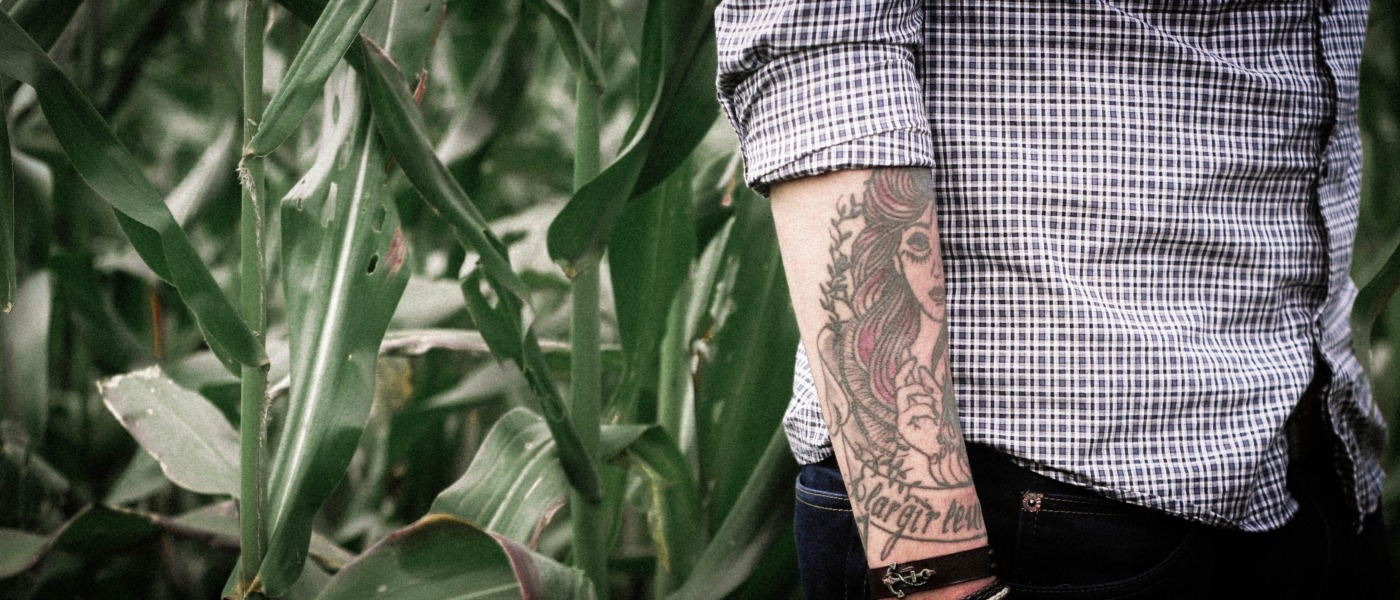Tattoo Taboos: Is art inappropriate in the workplace?
I’m going to be honest – other peoples’ perceptions of me influenced the placement of my tattoo, and I’m not proud of it. My parents, future employers, even old ladies who might label me a ‘hooligan’, all had a say in my decision to hide my tattoo if necessary. Even in a world celebrating difference, I imagine you would struggle to find anyone who got a tattoo sober and hasn’t considered how it will affect their image.
Like many, I got my tattoo somewhere concealable. I hide a piece of art that represents an aspect of my life, something I consider to be of the deepest significance to my growth, in case it offends someone. Yet, this was not a thought process I questioned until weeks after I got my tattoo.
I imagine most employers would not consider a facial tattoo to be discreet, and yet to discriminate against it would be bordering on racism
Why should an employer have the right to hire someone over me if I have a visible tattoo? Whilst mine is a large piece on my ribcage, it is floral with three words in calligraphy. With the biggest risk of offence being a hay-fever sufferer, it could not be any less offensive. If a tattoo is not vulgar, pornographic, or littered with profanity, I struggle to see an issue with its place in a working environment. But, this issue goes beyond aesthetics and into the societal -isms we all know and hate.
Traditionally seen as socially-deviant, tattoos were historically a sign of illegal activities or ownership, being linked to racial and cultural stereotypes. I’d like to think we’ve now moved on as a society. Many occupations do not discriminate against tattoos themselves if they are discreet, or easily coverable. However, this discounts tattoos which carry more significance than self expression. ‘Tá moko’ is the art of tattooing, primarily the face, practiced today as a sign of cultural identity and a reflection of the revival of Máori language and culture. I imagine most employers would not consider a facial tattoo to be discreet, and yet to discriminate against it would be bordering on racism.
The heart of the issue with tattoos in the workplace seems to be the extent to which an individual can conform to the collective identity of the company, and tattoos work against this. However, we live in a world where one in three 18-25 year olds are tattooed, and companies may have to rethink their collective image in order to not limit their candidate pool.
Someone shouldn’t be put off by the threat of unemployment in a world where tattooing is grounded in such personal and cultural significances
The professional expectations do seem to be slowly adapting to the 21st century norms. Last week, Air New Zealand said it would end a ban on body art to allow workers to express their individuality and cultural heritage. Last year, London’s Metropolitan Police relaxed a ban on recruiting candidates with body art, saying it would be assessed on a “case-by-case basis”. It is this flexibility that is the ultimate solution to a growing issue of traditional perceptions coming up against modern practices.
Yet, for students considering a venture into medicine, law, or education, visible tattoos remain a no-go. In a world where diversity is celebrated more than ever, perhaps we need to reconsider what is seen as professional. Globalisation, whilst somewhat problematic, emphasises the celebration of difference and the importance of culture. We must expect individuals to start reflecting this, whether that be in the form of body modifications or otherwise. So am I going to get a full sleeve next week? No. But, someone shouldn’t be put off by the threat of unemployment in a world where tattooing is grounded in such personal and cultural significances.

Comments